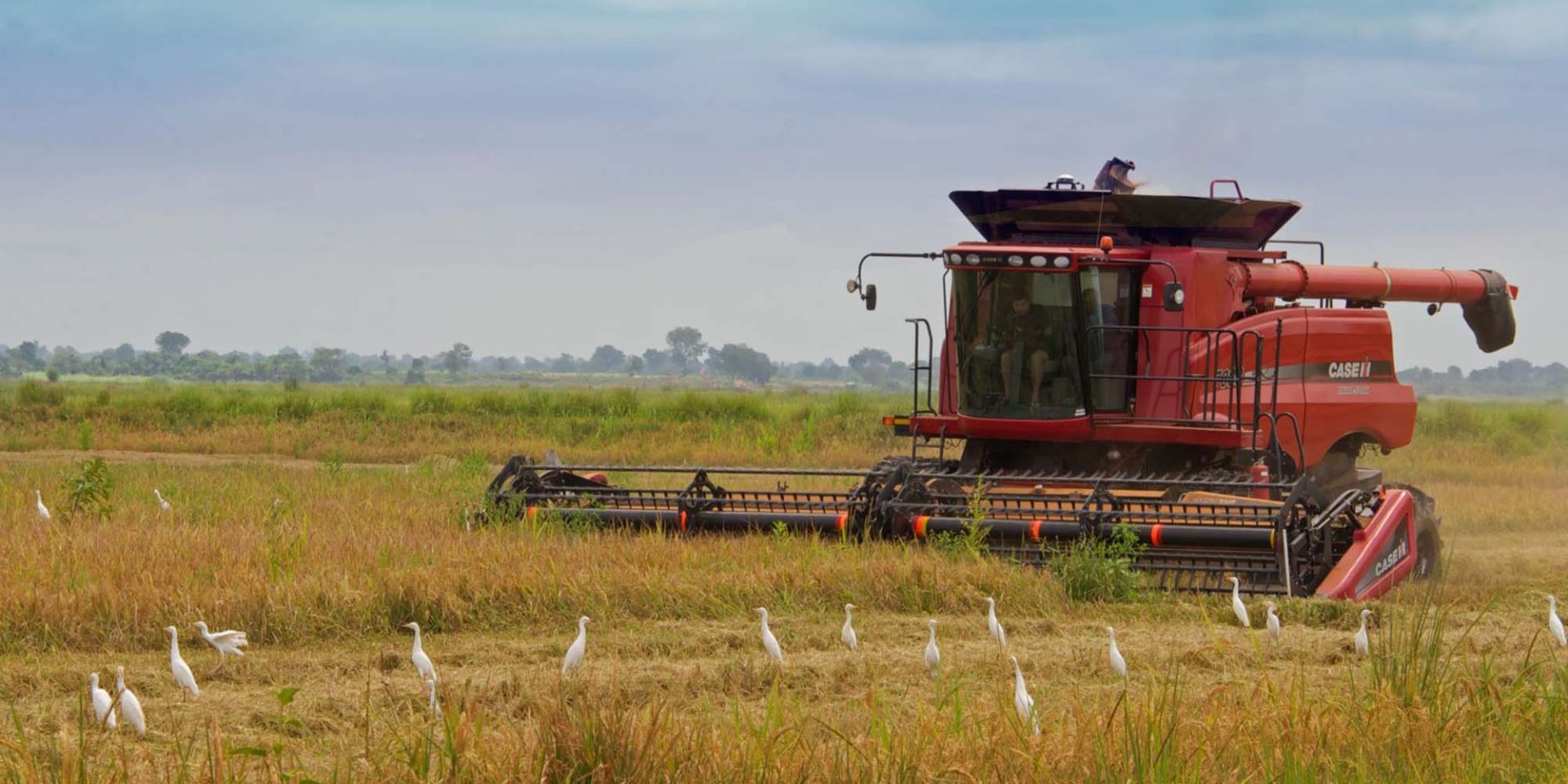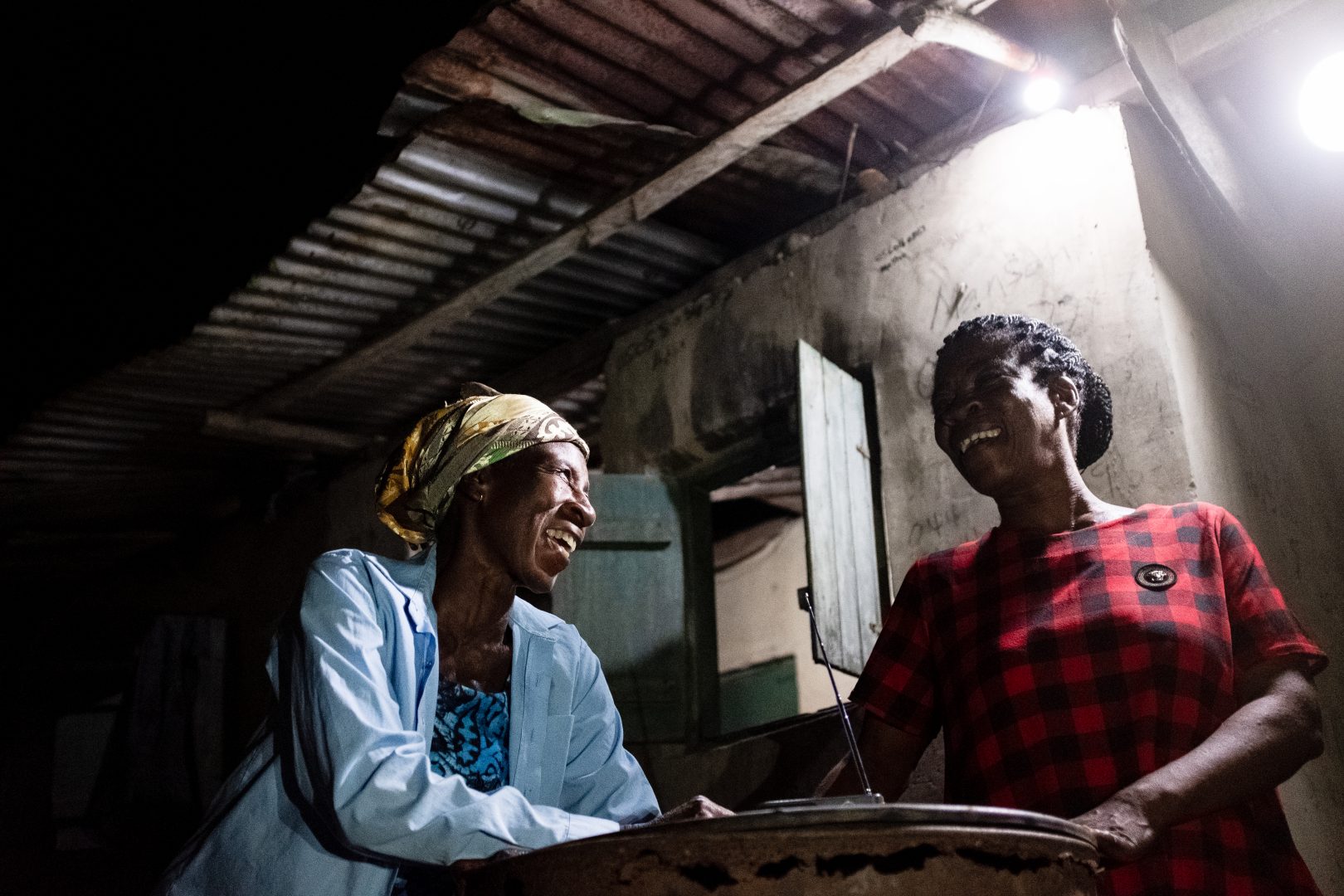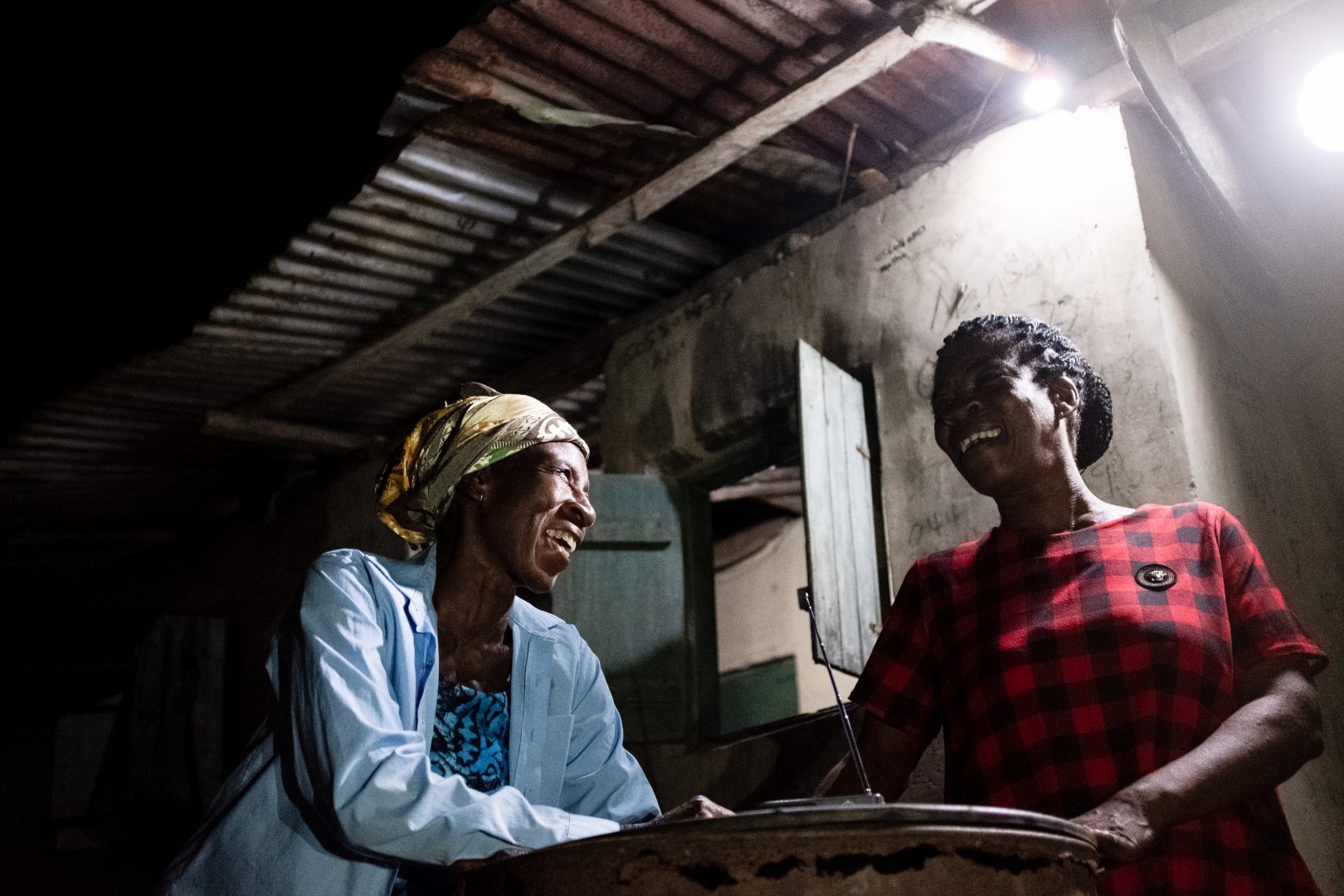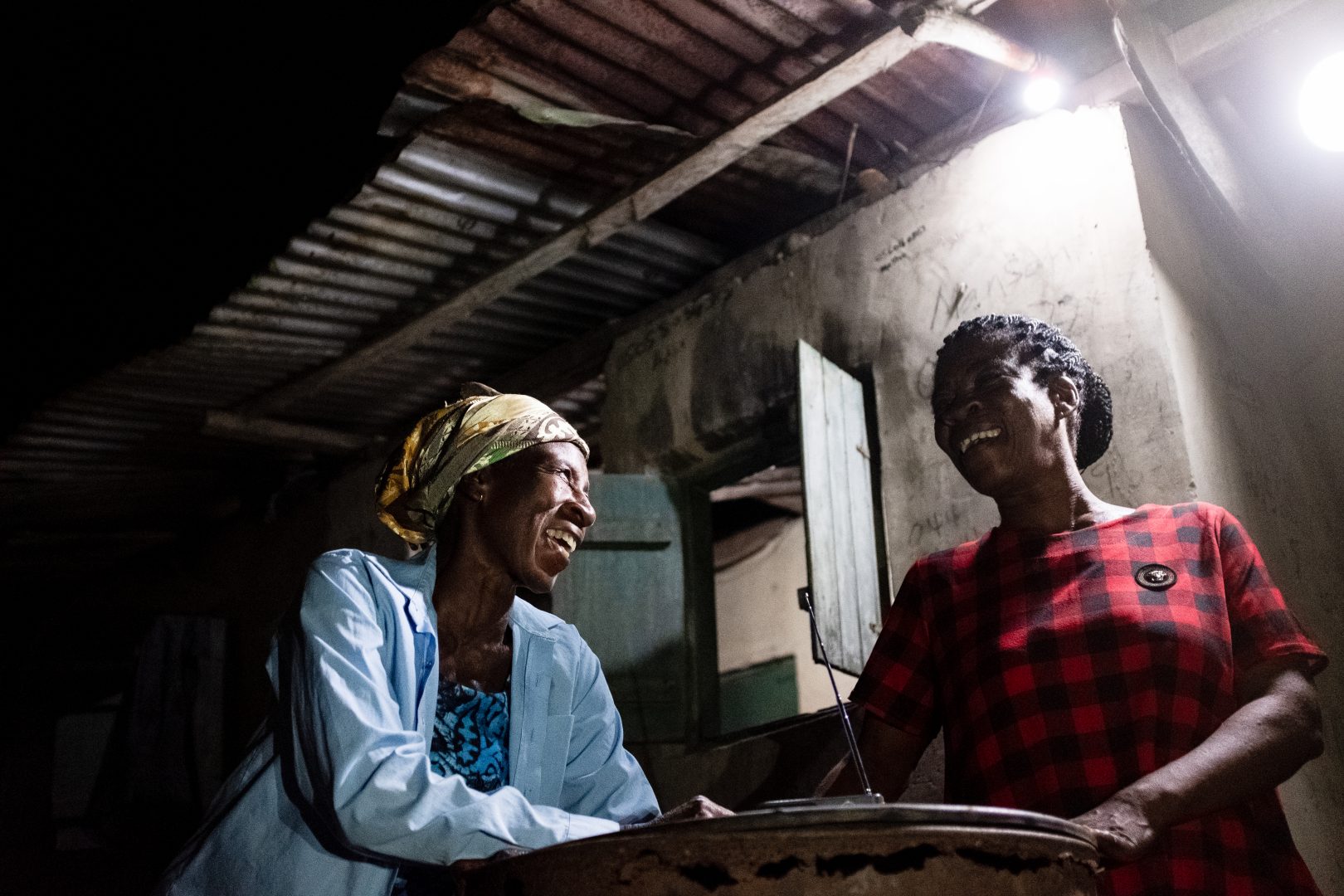As you start your descent towards Tamale, the dry land below is dotted with sparse trees and traditional thatched roof mud huts arranged in neat circles. You might think time has stood still here in Northern Ghana, but you would be wrong. Once you hit the road, you quickly realize Tamale has become a hotspot for the international community: the omnipresent signposts bearing logos of aid agencies, the white Toyotas and the many pizza and burger joints catering to the western development community are a testament to this new reality. As we speed past an infamous “millennium village”, our host explains that hand-outs of aid projects include anything from seed to tractors, and have -unintentionally – made it extremely hard for the private sector to operate in this region, as they have crowding out many businesses.
Fortunately, this has not been the case for Sekaf. Headquartered just outside of Tamale, Sekaf is one of the largest shea butter producers in Northern Ghana and an investee of Injaro Investments, a West African fund manager. While most of the produce is sold to international traders, Sekaf also has its own line of branded products called ‘Tama’, which it successfully sells in West Africa and some export markets. As shea butter demand has grown considerably in the last few years, Sekaf is upgrading a factory close to Accra into a state of the art shea butter processing facility, which will allow production to increase fivefold. However, for this to be a success, the company has to expand and strengthen its supplier base, which currently consists of over 6,000 women across 12 districts of Northern Ghana. While Sekaf has painstakingly developed its supplier base and trained women on how to collect organic nuts, it is conscious that more and more competitors are emerging. In order to secure a steady flow of nuts, Sekaf has to ensure it gives its suppliers the best value and business relationship.
I traveled to Ghana, with the Acumen Lean Data team, to design and launch a survey to help Sekaf understand how to improve the loyalty of its current supplier base and expand it further. At the same time, we want to test some of the impact assumptions we have made about this investment and investigate how we can enhance the impact further. This is the second time that CDC has worked with the Acumen Lean Data team to run this type of impact assessment and we are keen to see it in action.
The survey looks to answer some of the following questions— Are the women really better off because they supply to Sekaf? How has their life changed? What challenges have they faced in supplying to Sekaf? And finally, how can the business relationship be improved?
Within four weeks, 300 collectors will have been interviewed, and the results of the survey will be presented to the company, together with recommendations on how to bring additional value to its suppliers.
As soon as we arrived in Ghana, we reviewed a series of 30 questions with the Sekaf senior management, to ensure we capture the company’s pain points and integrate the business insights it is looking to gain from the exercise. Working on the survey together is essential to ensure we are really delivering business value to the company and to drive ownership.
Before rolling it out, we decided to test the survey with one of the communities. Approximately 30 women of all ages joined us as we sit under a tree and they tell us about their experience collecting nuts. Here I learn that the typical workday for these women starts at 5 a.m., when they walk to fetch water at the closest well (which in the dry season is over 3 km away). It takes them about 3 hours to collect enough water for the entire family. During the shea season, which runs from May to September, they take the woven bags that Sekaf provides and venture into the bush to collect nuts that grow in common lands. Scorpions, snakes and bees are the biggest threats and several women bear the scars of these unpleasant, but all too common encounters. They would like Sekaf to help provide them with protective gloves and boots.
The overall feedback, though, is that their relationship with Sekaf is a positive one. They are particularly satisfied with the warehouse Sekaf has recently built in their village where they can store nuts safely, and talk positively of the Village Loans and Savings Association that the company has helped set up. The incomes they get from selling to Sekaf (which pays them a premium over the market price for organic nuts) is primarily used to buy food, pay school fees, or for healthcare.
And the men? “They went to town and will come back for dinner”.
CDC’s Impact Fund invests in funds and other intermediated vehicles that deliver high development impact. In 2014, the Impact Fund invested USD 15 million into Injaro Agricultural Capital Holdings, an agricultural fund managed by Injaro Investments.











